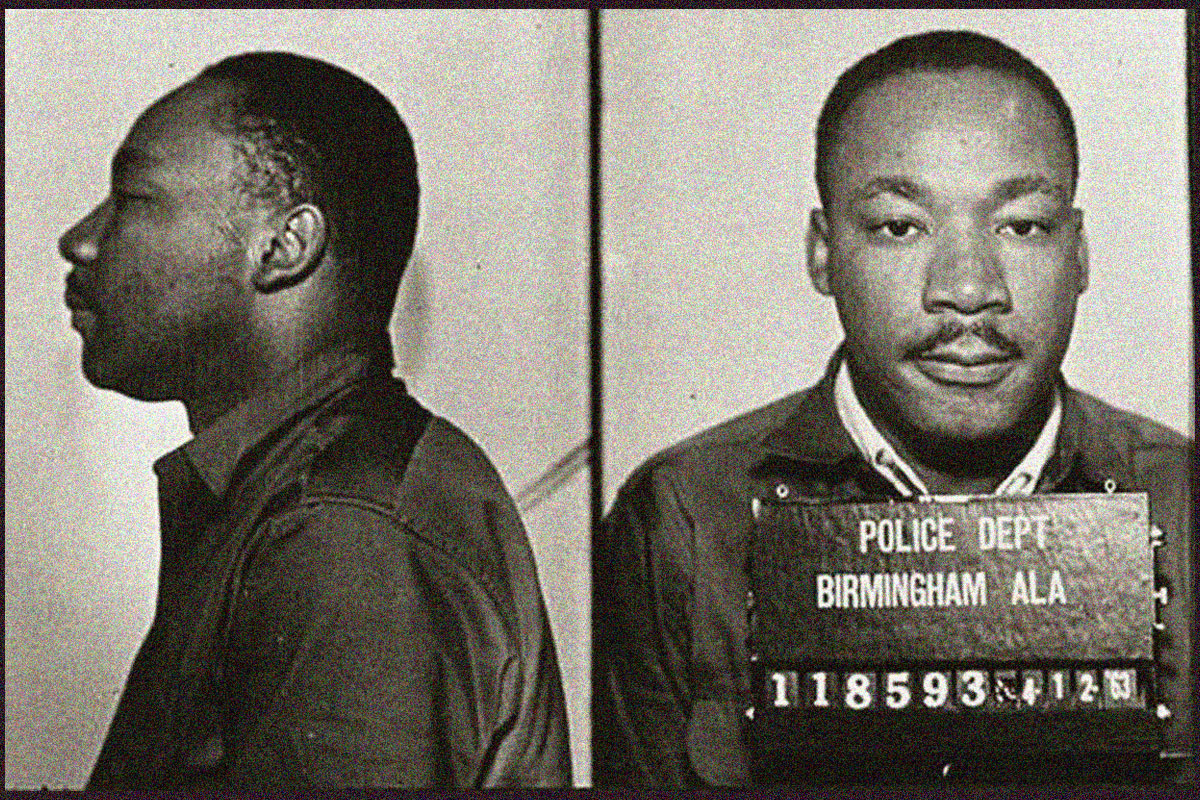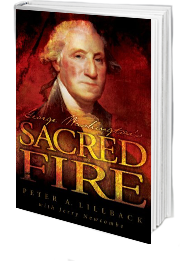Annotations on a Letter that Changed the World
In celebration of the 50th anniversary of Martin Luther King Jr.’s famous Letter from Birmingham Jail, Providence Forum reprinted the letter with biblical and historical annotations which highlight the fact that not only was Dr. King a gifted thinker, he was an exceptional theologian and historian. He was also a great student of and believer in the founding principles of America.
Sourced from Museum of the Bible in Washington, DC
About Martin Luther King, Jr.
Martin Luther King, Jr. died on April 4, 1968 as a martyr for the civil rights cause to which he had pledged his life. As an ordained African-American Baptist Pastor, a trained theologian, a student of social forces and movements, he was well prepared to write a manifesto for the civil rights movement. His arrest in Birmingham, Alabama in April 1963 gave him the opportunity to produce this brilliantly persuasive and spiritually moving epistle. Dr. King received The Nobel Peace Prize the following year in 1964 for his leadership of the civil rights cause in America.
The Letter from Birmingham Jail
Although this text was produced as a letter intended for reading, the reader would benefit, along with others, to hear it read aloud. For Martin Luther King’s Letter from Birmingham Jail, displays the power and rhetoric of a reformer’s sermon. Dr. King not only here reflects the power and conviction that characterized his great Protestant namesake, but like the Apostle Paul, Dr. King discovers that there is a special persuasiveness and emotional power in a prison epistle reverberating in the context of an unjust arrest for a just cause.

The form of the message is both an apology in the classic sense of a defense of the propriety of one’s criticized or wrongly judged actions, and a jeremiad, or a bitter complaint against conduct that is unworthy of a group of people with whom one is associated.
The general themes Dr. King develops include:
- The defense of his direct action strategy.
- The method of determining whether a law is just.
- Disappointment with white moderates and the white church communities.
- A discussion of extremism in the struggle for racial justice.
- The blessings of the American heritage of liberty in terms of the black American.
- True heroism in the face of the police efforts for order and the demonstrators’ efforts for justice.
- Hopes for brotherhood as a result of the establishment of civil rights.
Dr. King trusted the American nation for the outcome of the great challenge of the civil rights movement. He noted,
“…I have no fear about the outcome of our struggle…We will reach the goal of freedom in Birmingham, and all over the nation, because the goal of America is freedom. Abused and scorned though we may be, our destiny is tied up with America’s destiny. Before the pilgrims landed at Plymouth, we were here. Before the pen of Jefferson etched the majestic words of Declaration of Independence across the pages of history, we were her.”
Toward the end of this historic letter, Dr. King wrote:
“One day the South will know that when these disinherited children of God sat down at lunch counters, they were in reality standing up for what is best in the American dream and for the most sacred values in our Judaeo-Christian heritage, thereby bringing our nation back to those great wells of democracy which were dug deep by the founding fathers in their formulation of the Constitution and the Declaration of Independence. “
We will all be wiser and better if we take the time to learn from this remarkable scholar, passionate preacher, social change agent and embodiment of his people. To that end, this version of his epoch-making letter is offered to the public. Dr. King’s legacy should be celebrated by all Americans regardless of color, class or creed!
